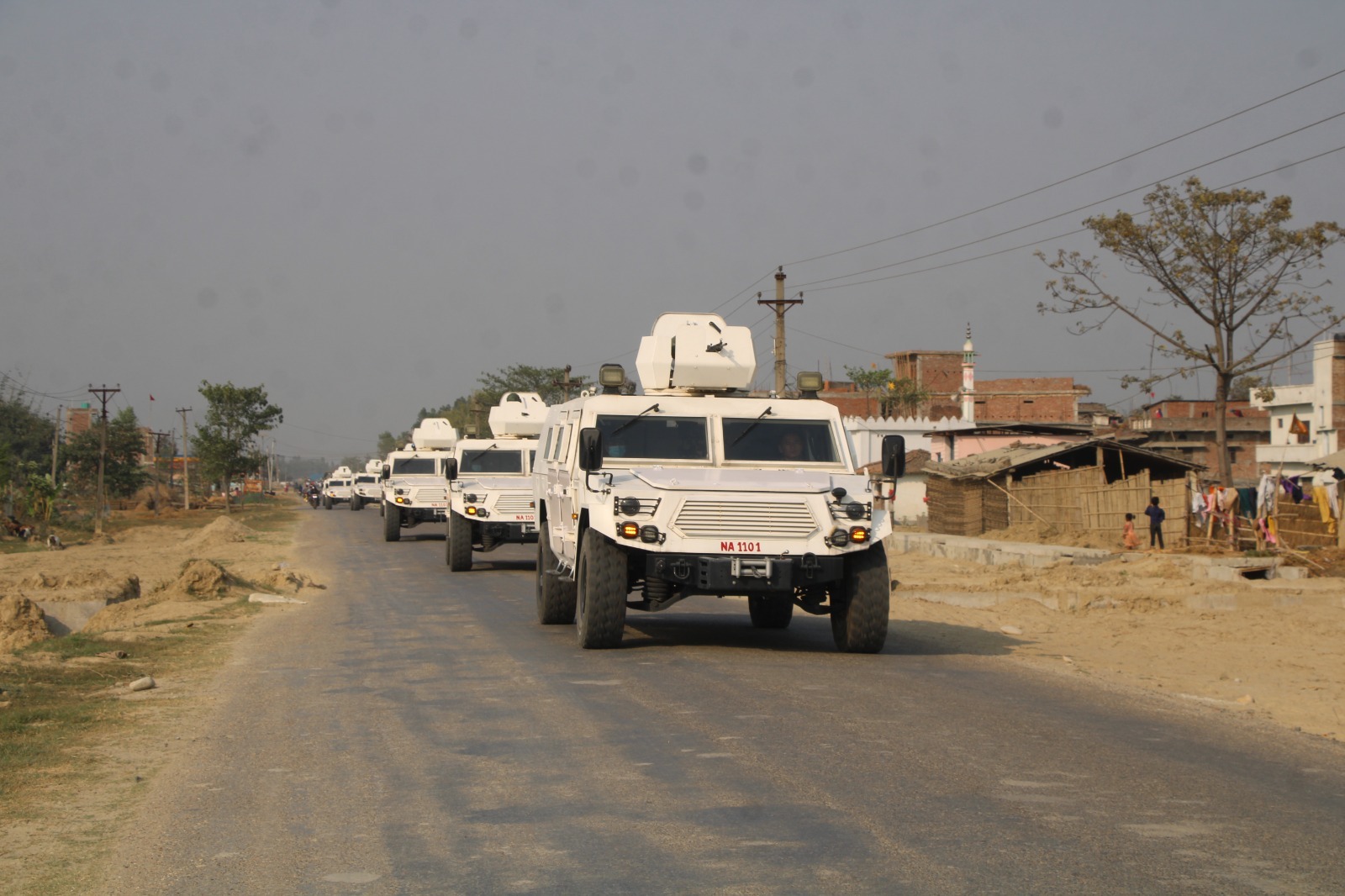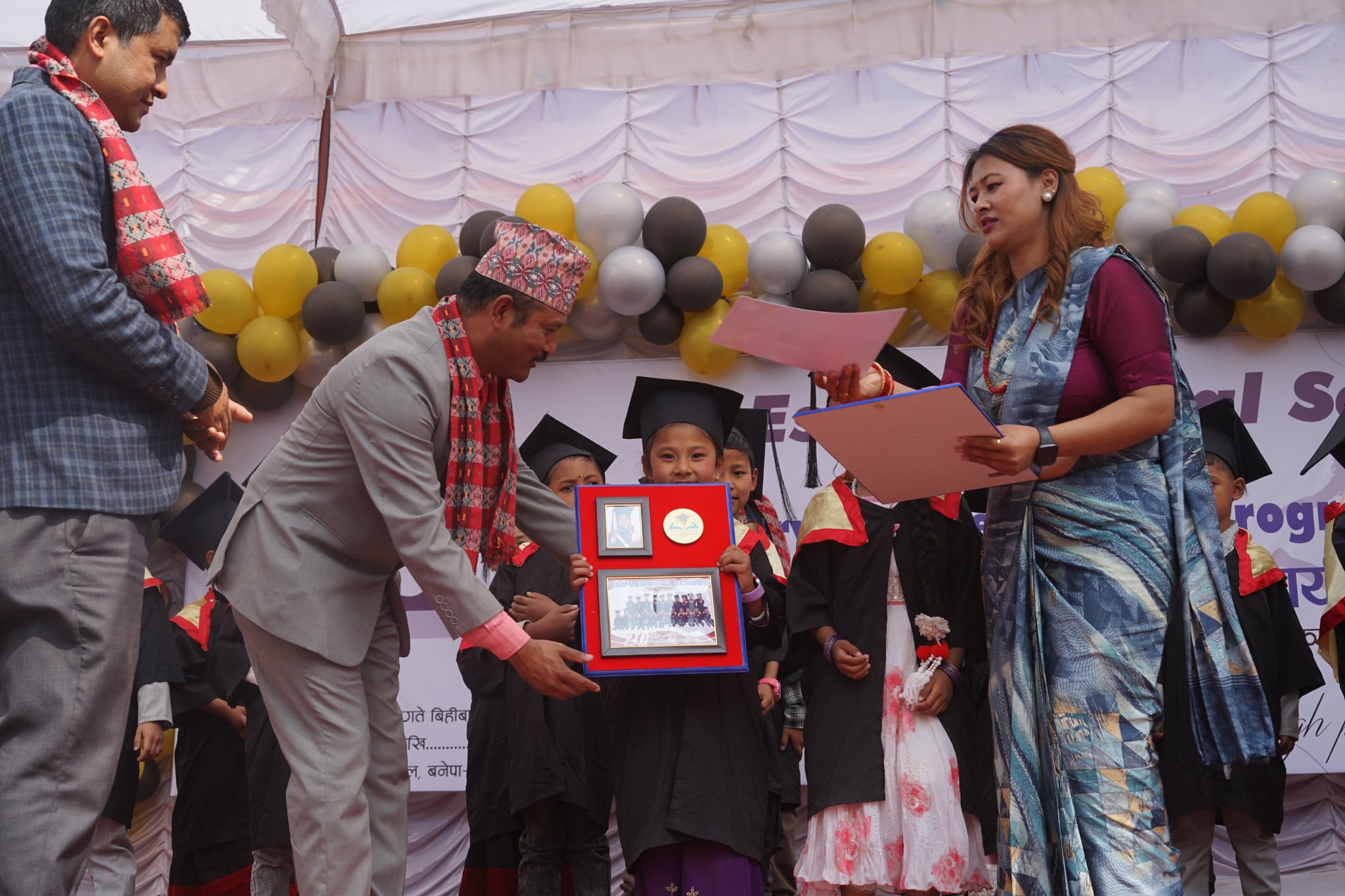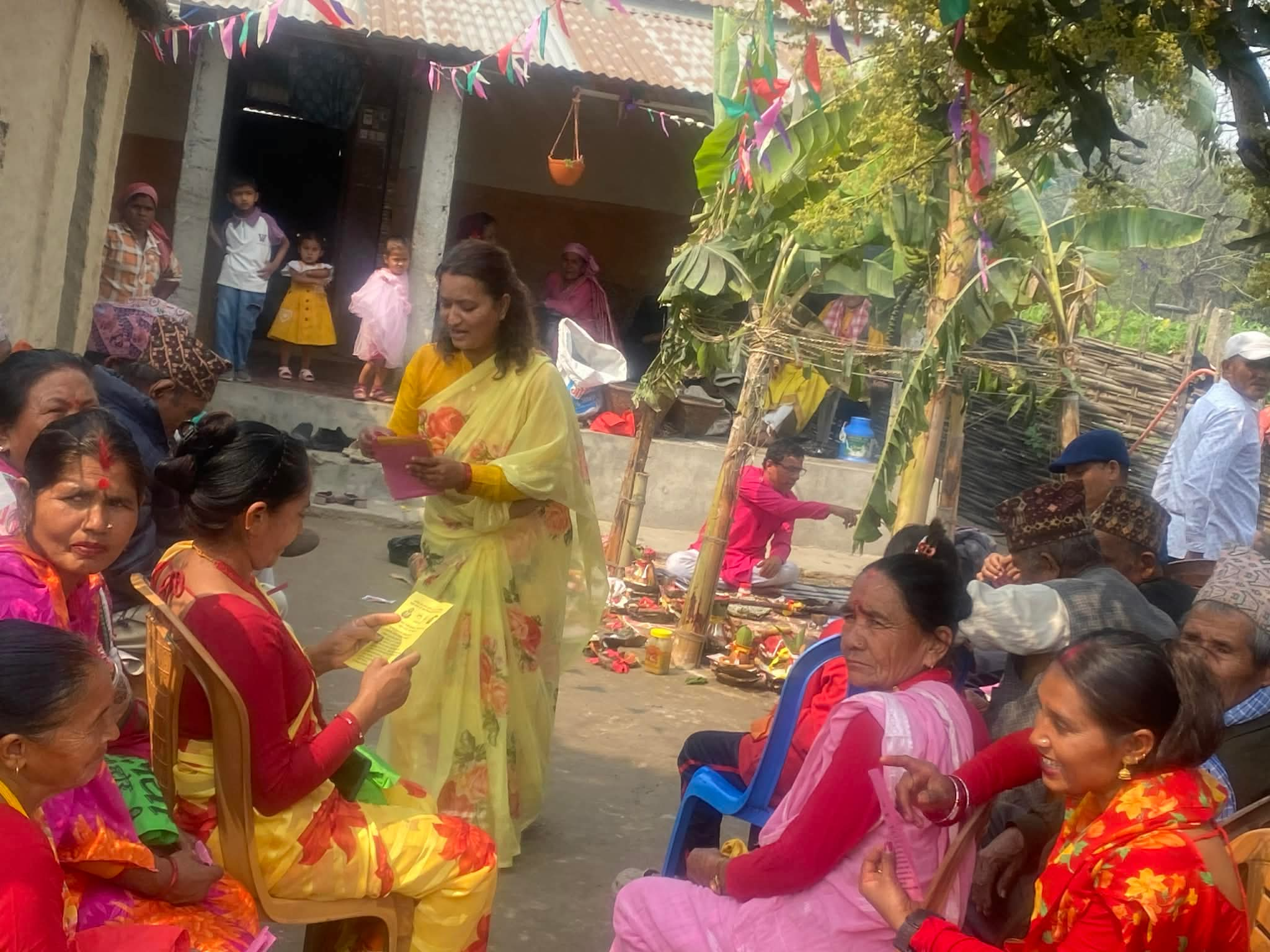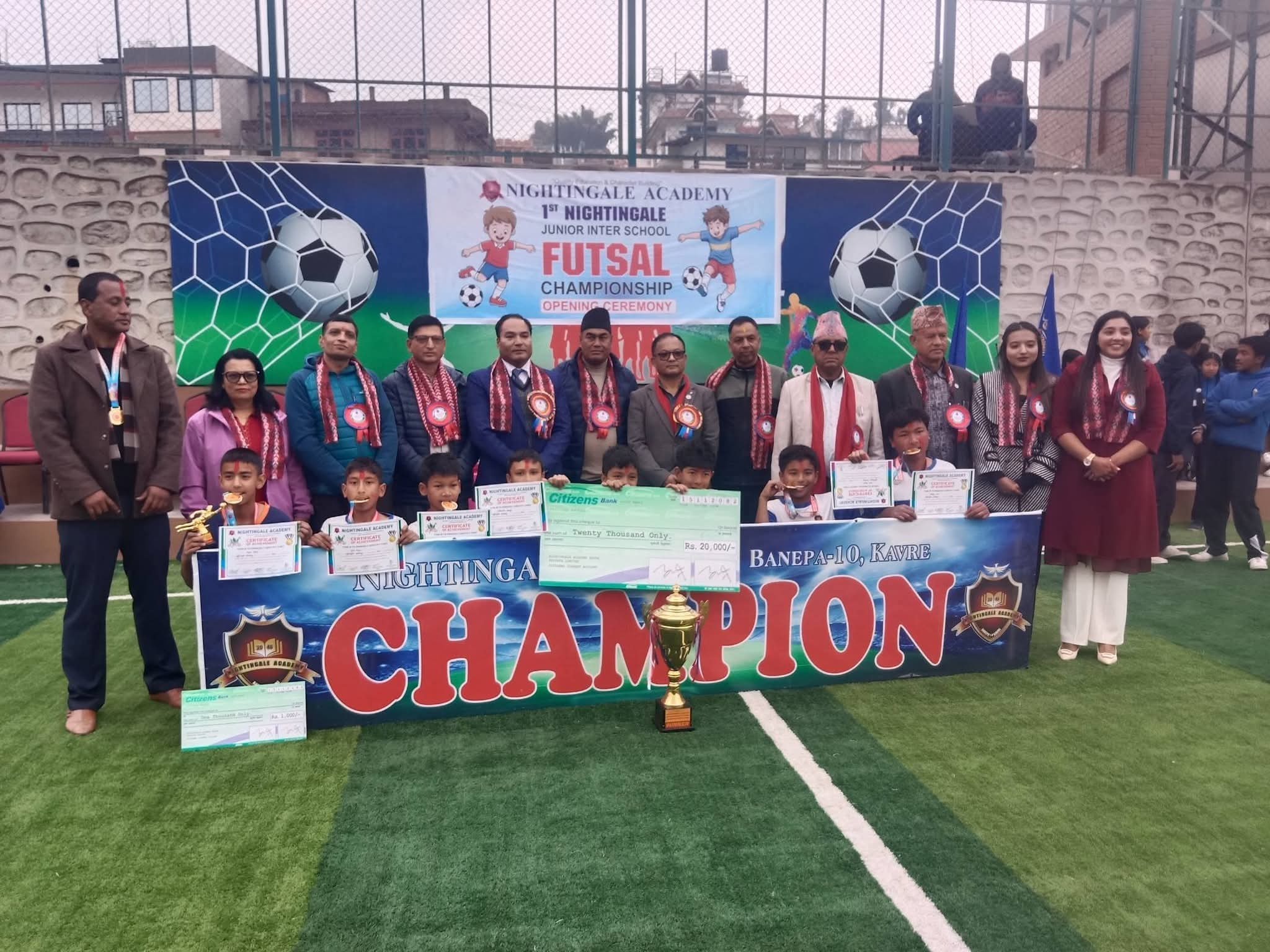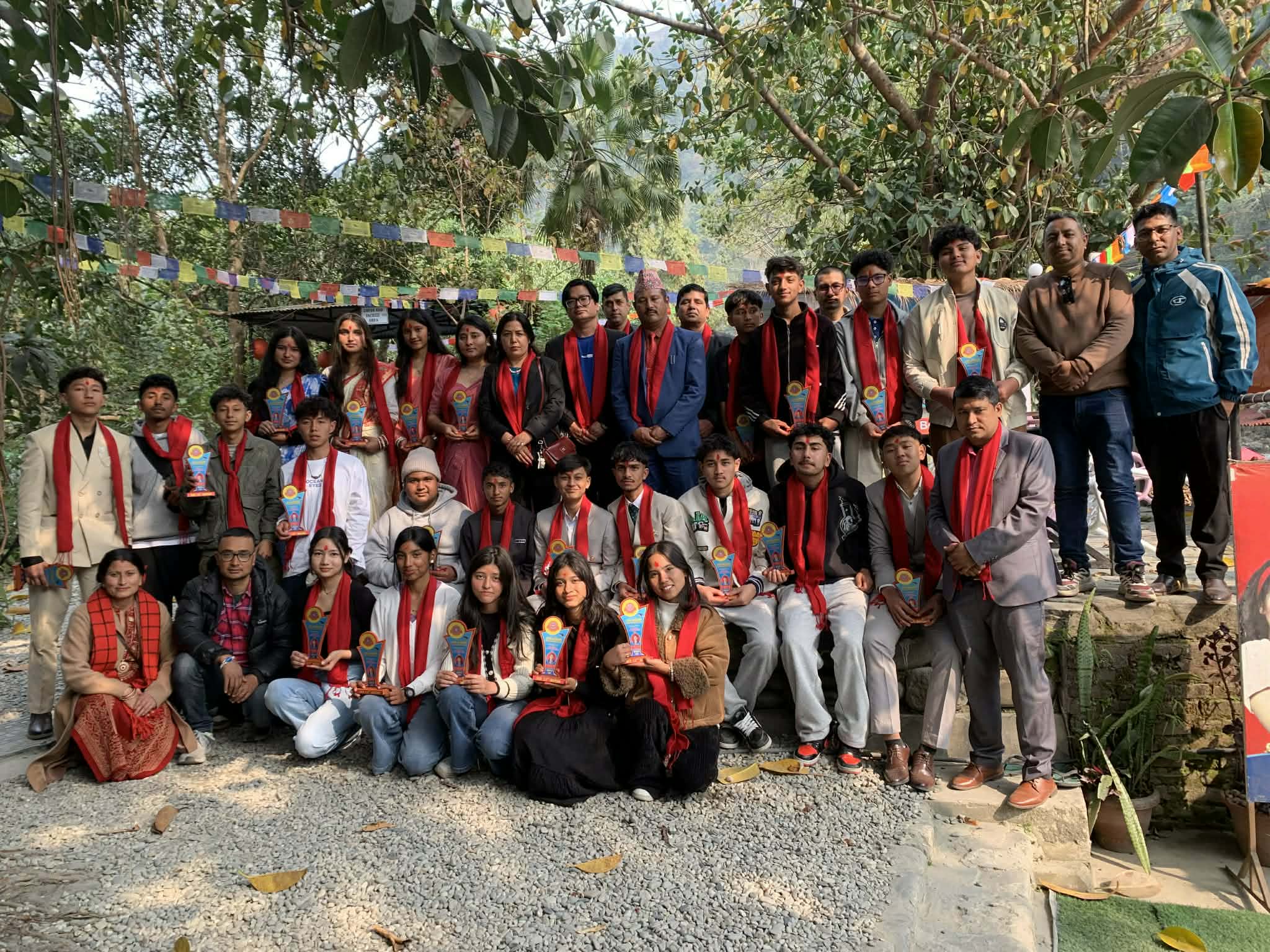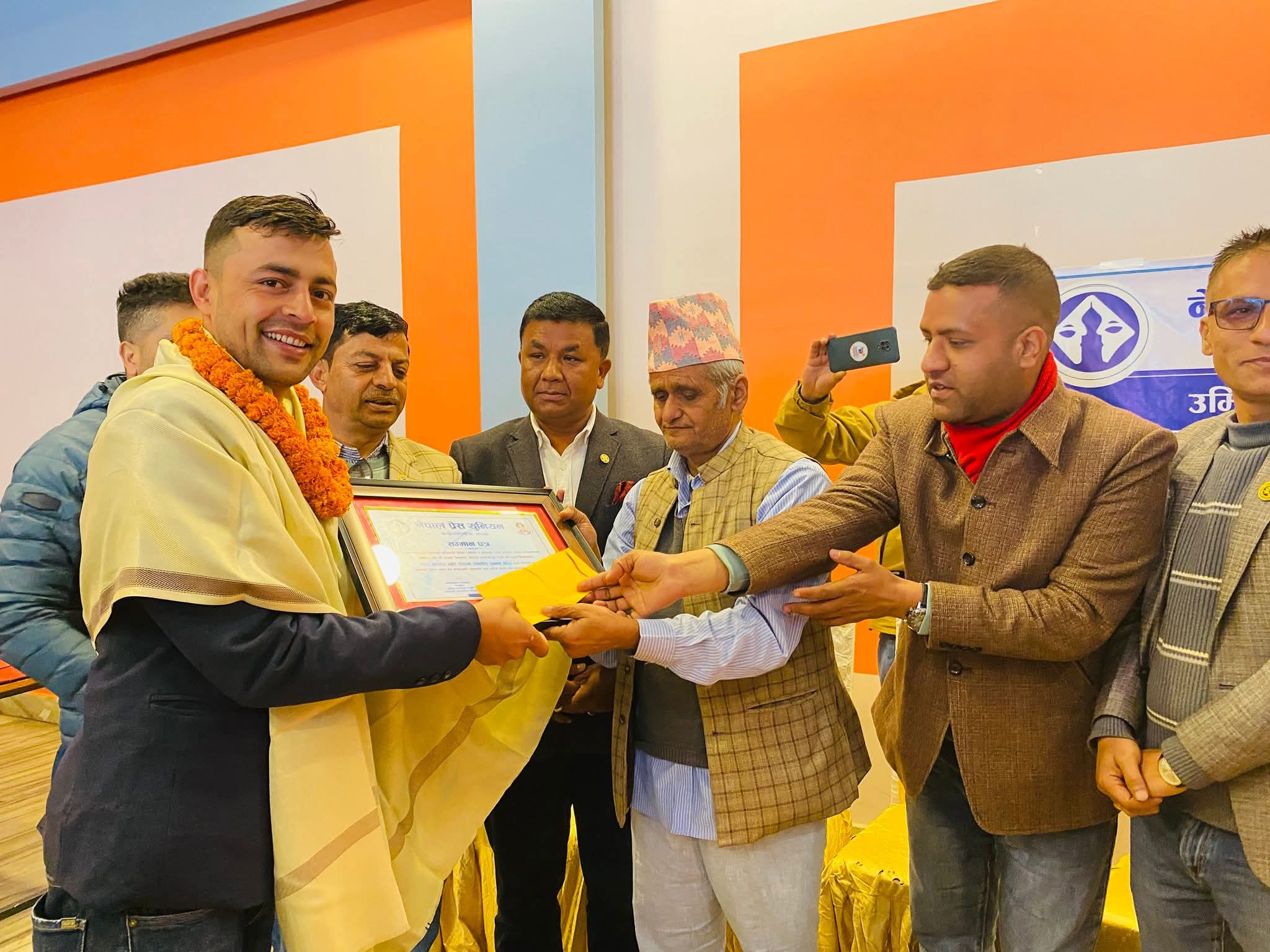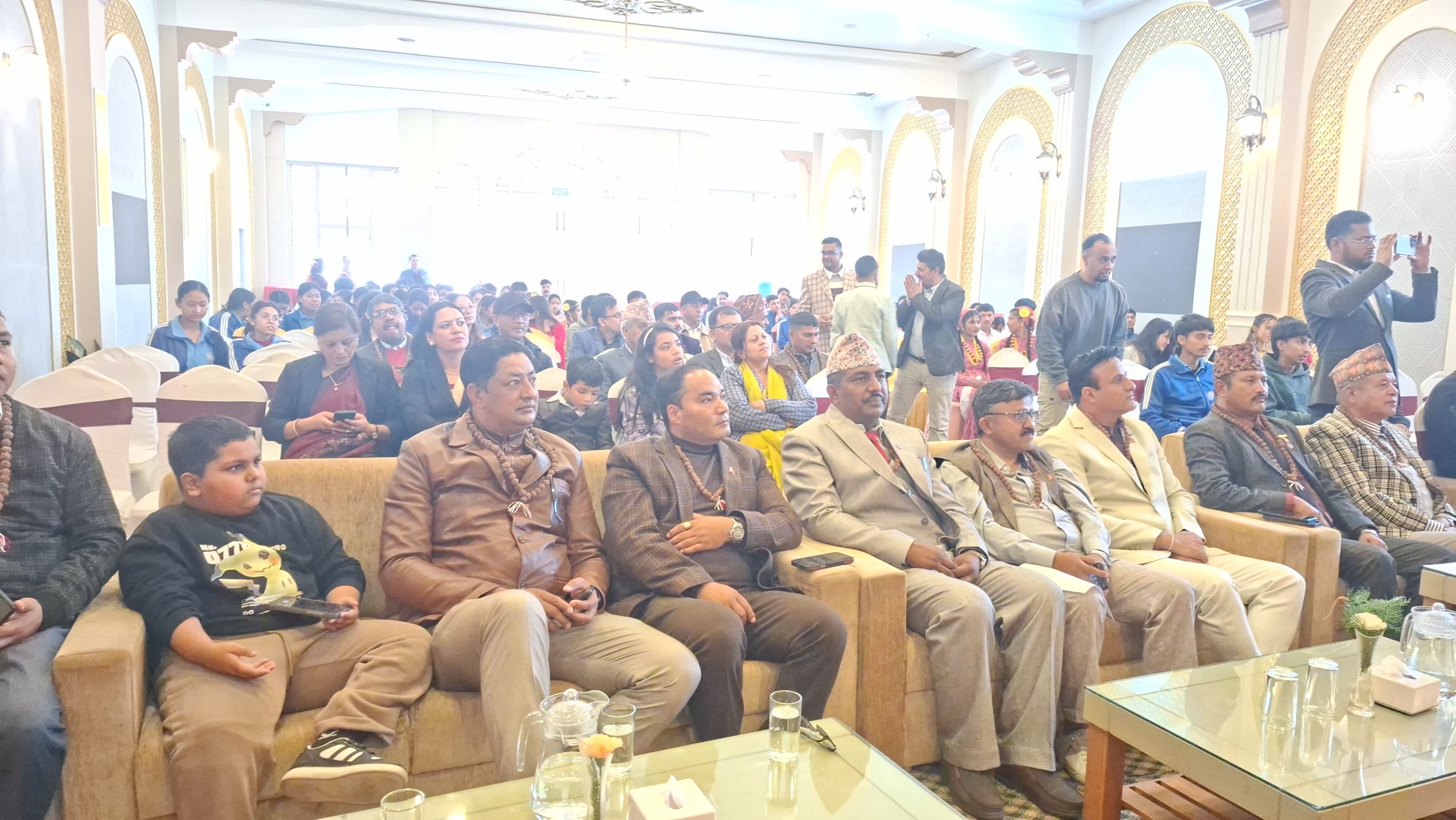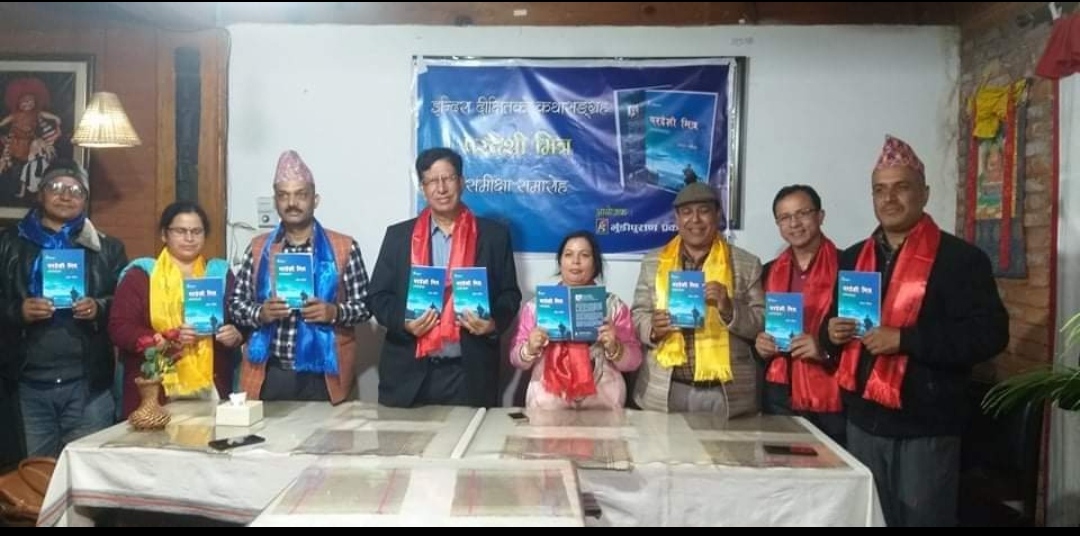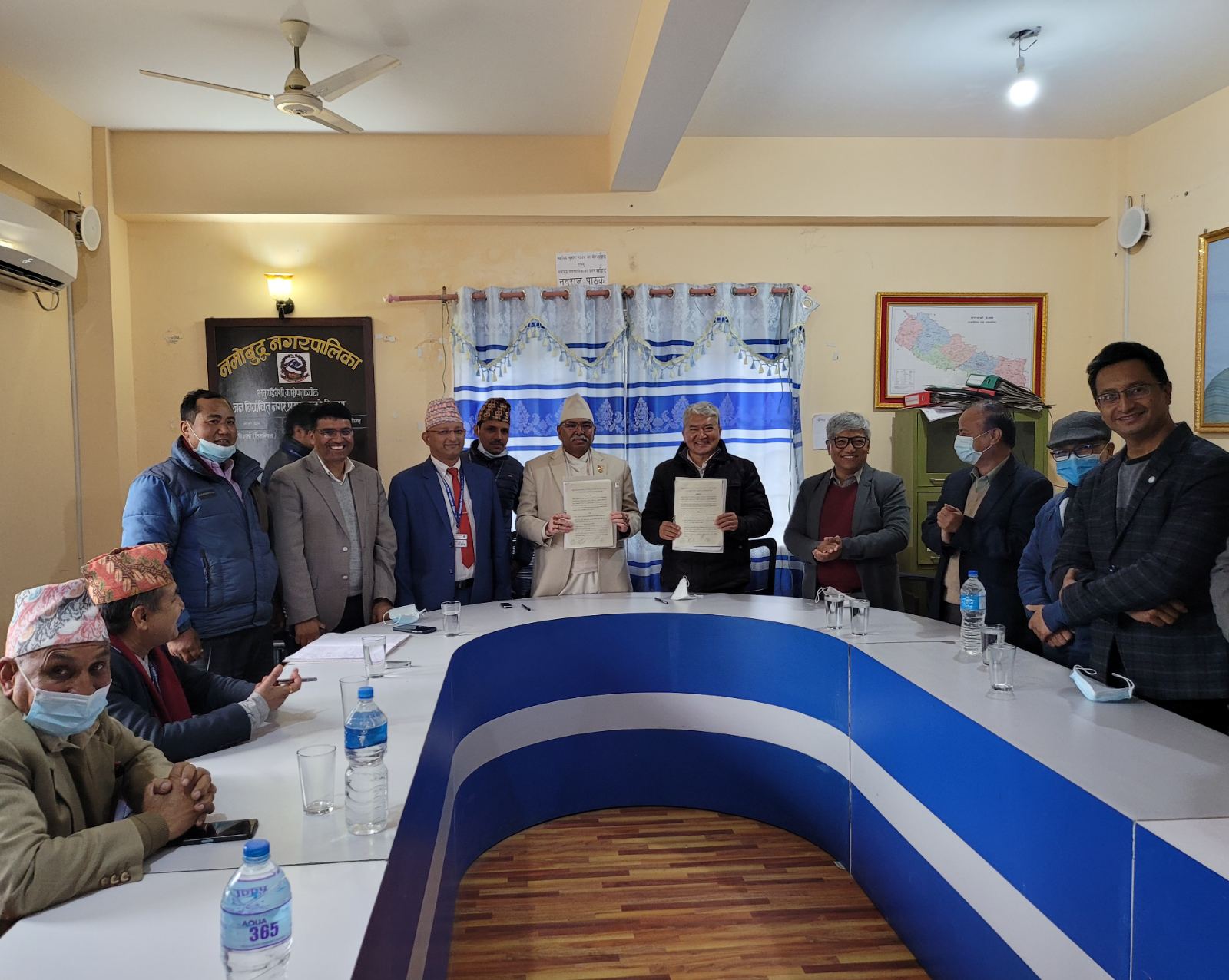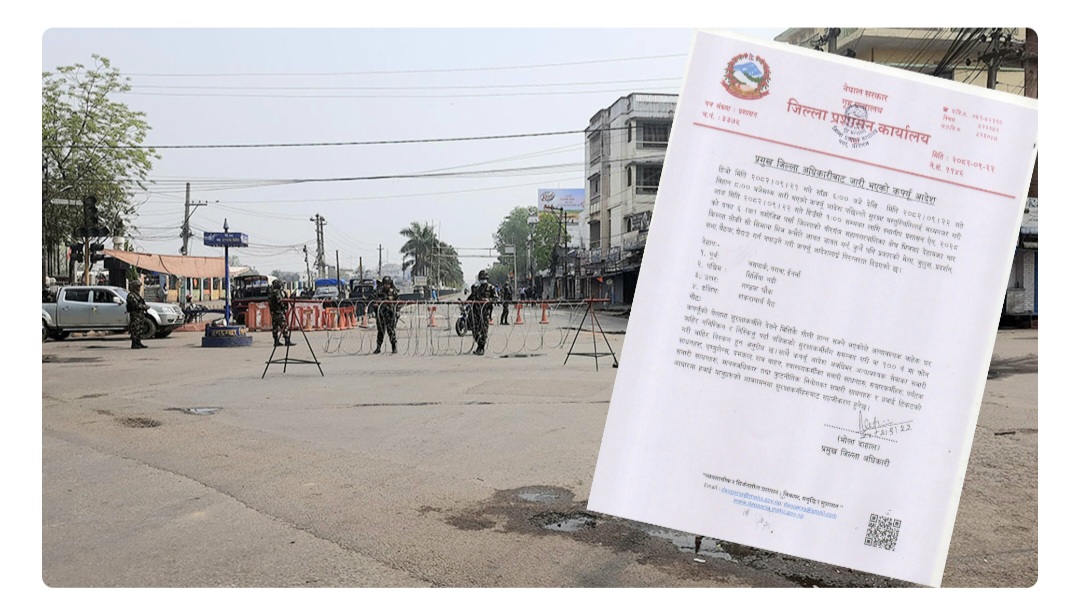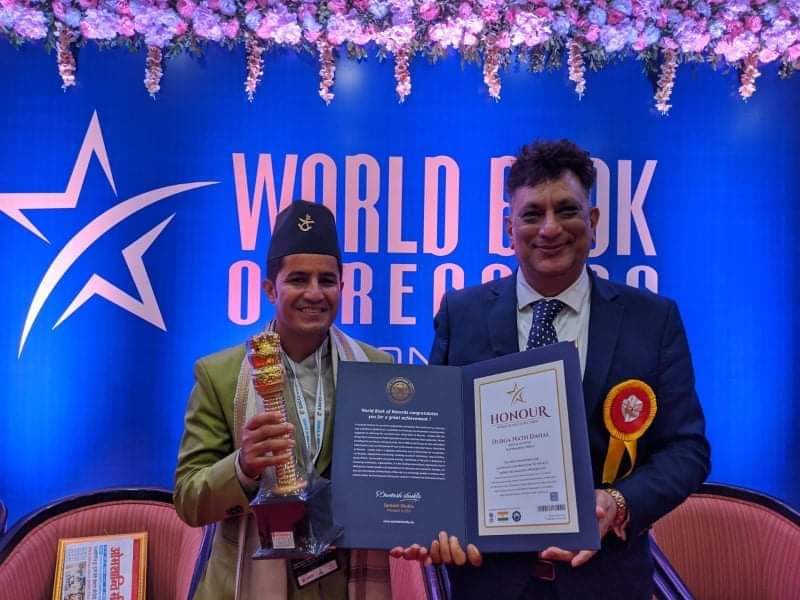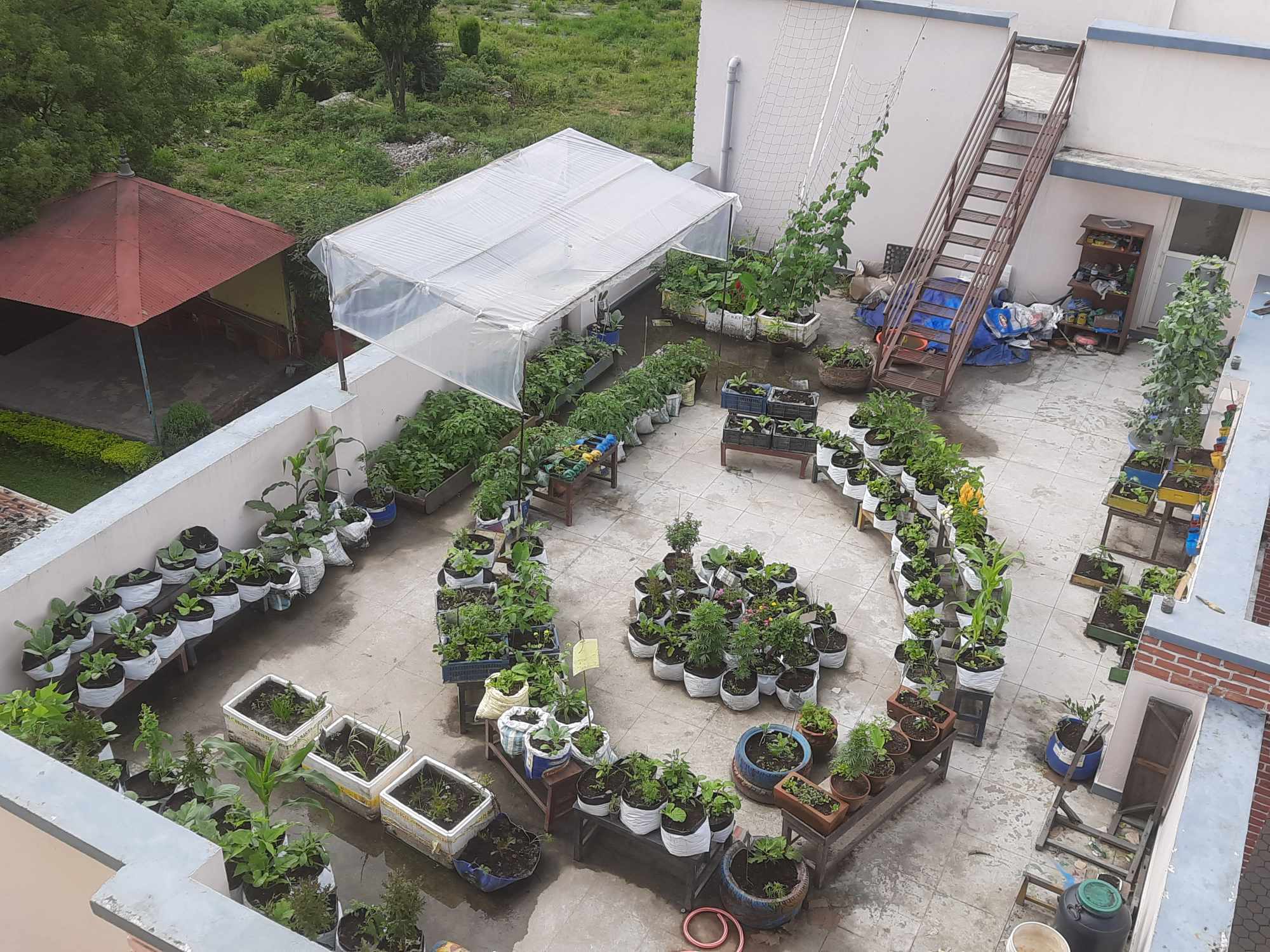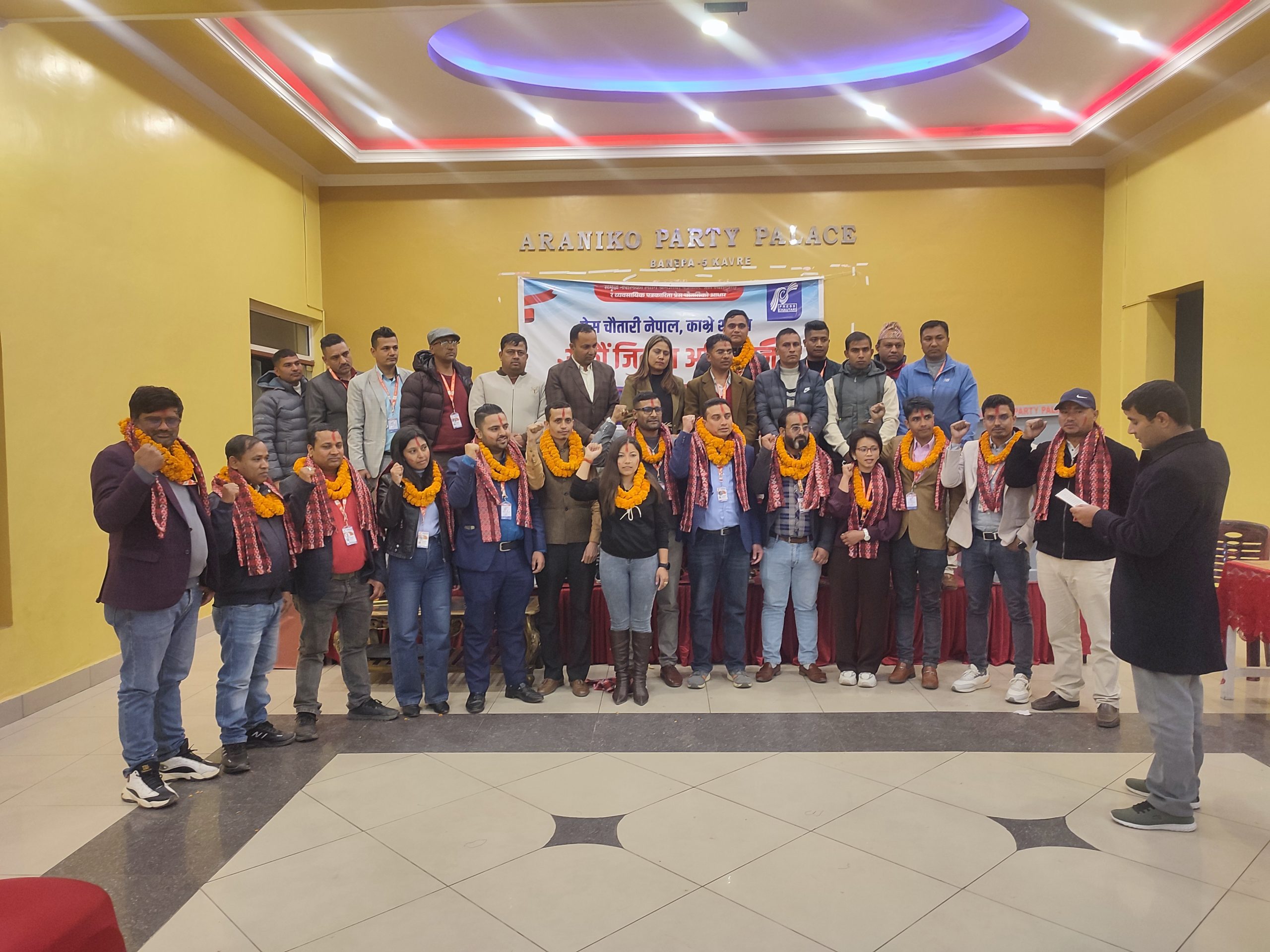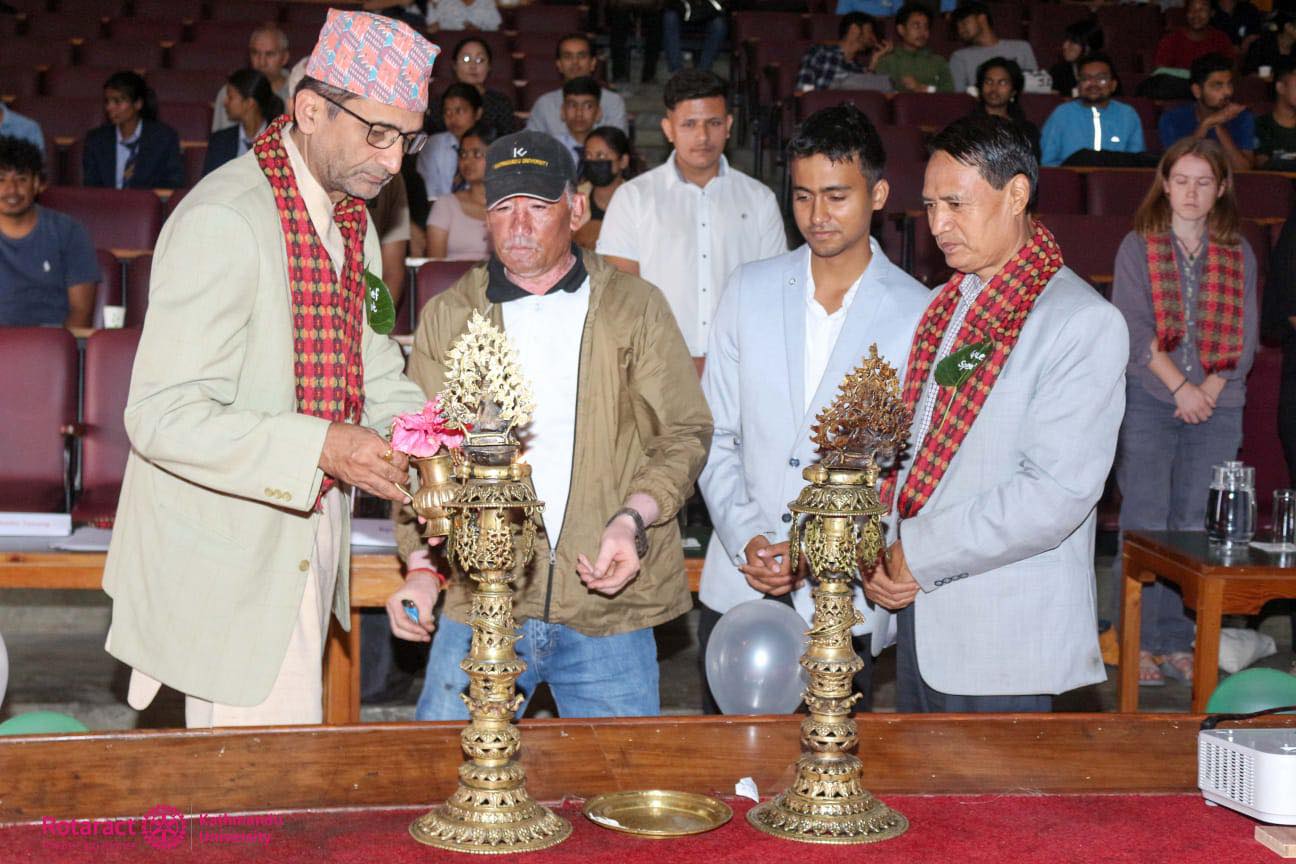


Introduction
In a groundbreaking event, the Rotaract Club of Kathmandu University (RAC-KU) recently hosted a cannabis Panel Discussion at the prestigious Kathmandu University. The Panel Discussion aimed to shed light on the multifaceted world of cannabis, from its historical and cultural significance to its medical and industrial applications. This event, held in the heart of Nepal, brought together experts, enthusiasts, and academics from around the world to discuss the plant’s potential and challenges.

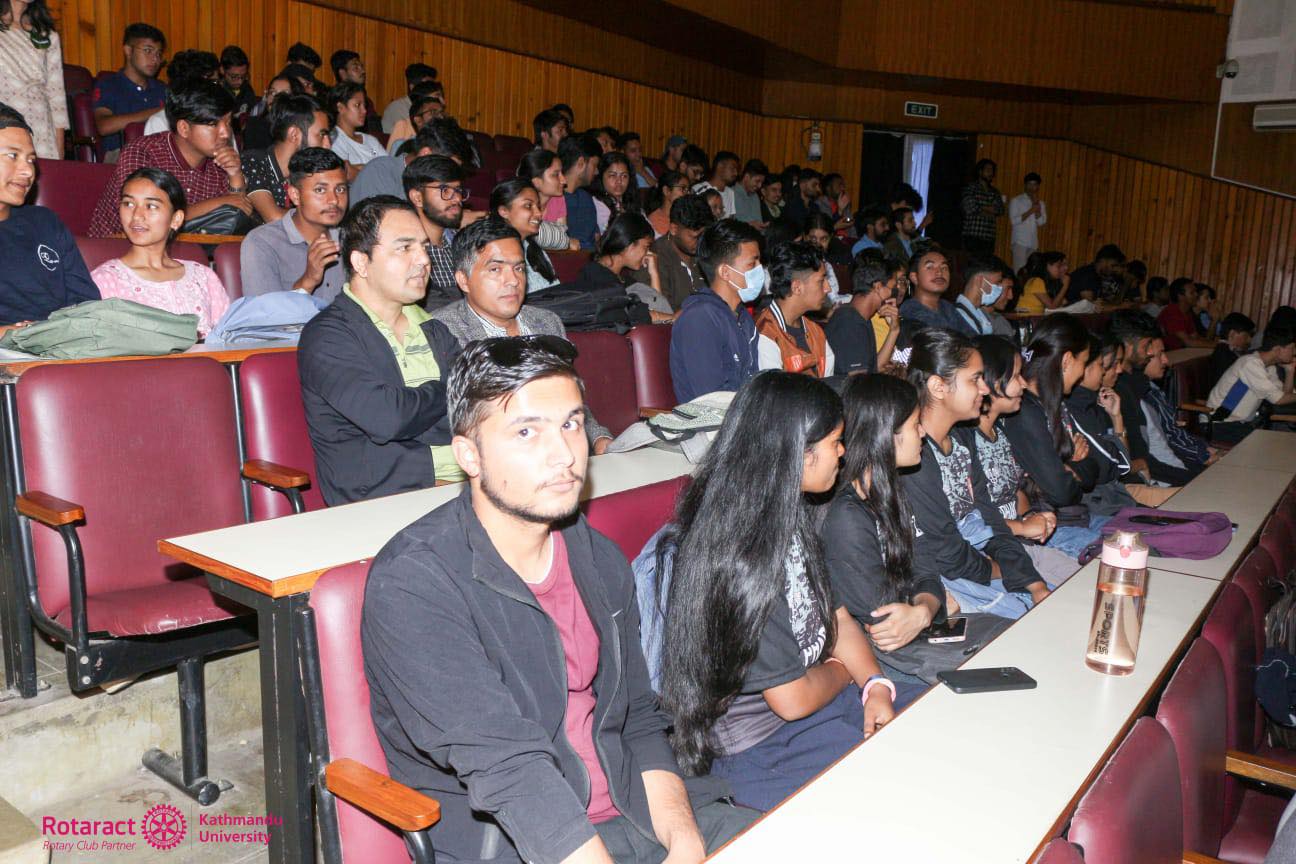


Cannabis in Nepal: A Historical Perspective
Cannabis holds a unique position in Nepal’s cultural and historical context. In Nepal, it’s known as “ganja” and has been used for centuries for various purposes, including religious rituals and traditional medicine. The panel of experts also shed lights on the background of “Hippie Culture” and how it played a vital role in the economy and tourism of Nepal.
The Panel Discussion provided a platform for experts to delve into the rich history of cannabis in Nepal, helping attendees understand its cultural significance and heritage.
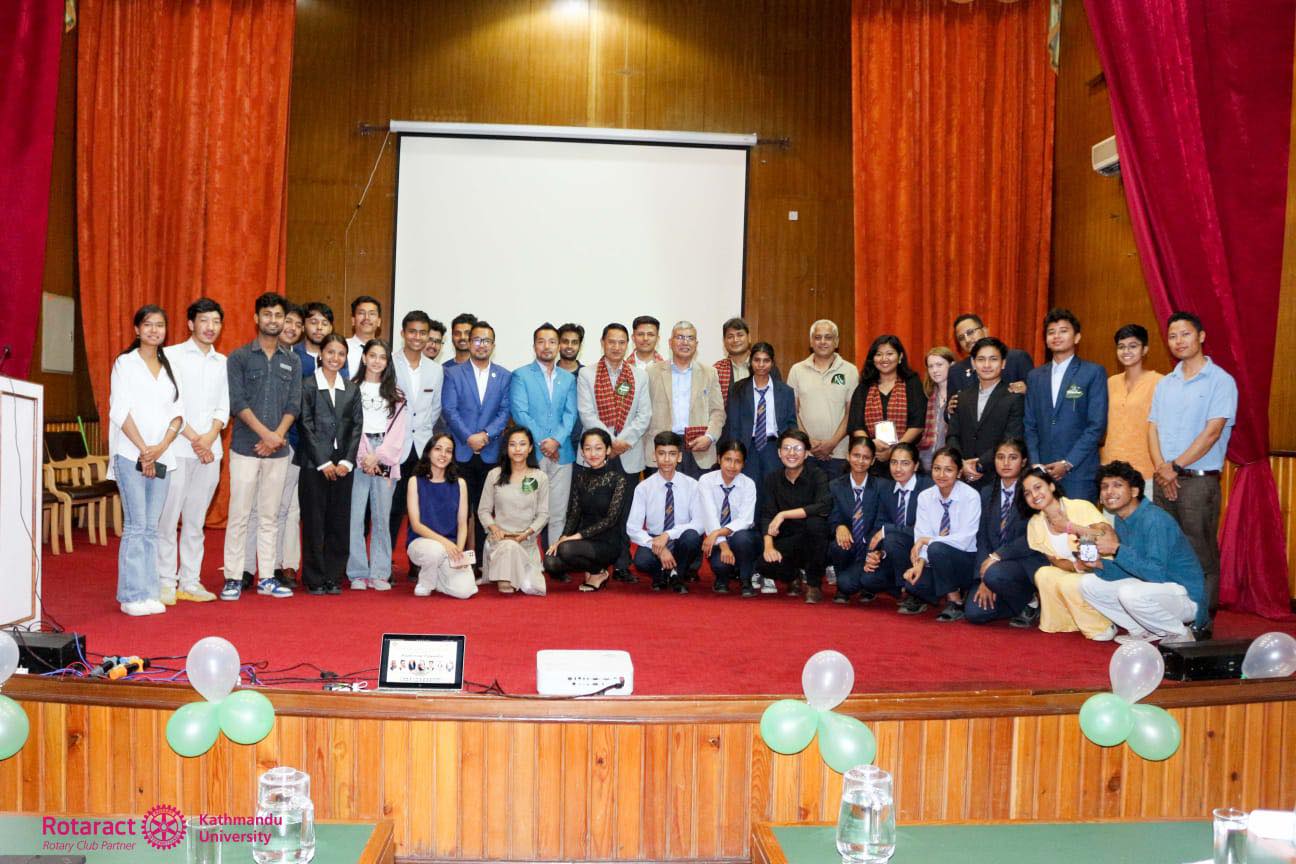
Medical Cannabis: Unveiling the Therapeutic Potential
One of the central themes of the Panel Discussion was the medical applications of cannabis. Numerous studies suggest that cannabis contains compounds with therapeutic potential, such as CBD (cannabidiol) and THC (tetrahydrocannabinol). Guest speaker of the event Proff. Panna Thapa, PhD highlighted the potential benefits of cannabis for managing chronic pain, anxiety, epilepsy, and other medical conditions. Proff. Thapa who is also the coordinator of Multi-dimensional Research Center (MCRC) at Kathmandu University stated “Cannabis plant is multi-dimensional multi-functional plant; the entire plant of Cannabis can be used from therapeutical use to producing various clothing, garments and cosmetic products.” “As a representative of Science, I always prefer patients with anxiety and depression to intake cannabis instead of prevalent medicines like diazepam. Diazepam has long term effect but Cannabis relieves stress and helps in soundful sleep. But yet there are backlashes of Cannabis.” he added.
Legal and Regulatory Framework
The legal status of cannabis is a complex and evolving issue worldwide. In Nepal, the possession, sale, and consumption of cannabis were illegal for many years, but recent changes in regulations have led to increased discussions about cannabis policy reform. Former MP and minister of law, Hon. Sher Bahadur Tamang addressed the legal and regulatory aspects of cannabis in Nepal, including potential challenges and opportunities for the government and industry stakeholders. Hon Tamang was the first parliamentarian who advocated for the legalization of Cannabis. Under Oli Cabinet, he was the minister of law and had registered private bill in the lower house. Hon Tamang stated in the Panel Discussion“There has been optimistic approach to this subject. Under my regime I registered the bill but it could not find any further rhythm. But the recent government has included this matter in the recent budget and I can assure you that the needle is in the positive direction.”
Industrial Applications: Beyond Medicine
Cannabis is not limited to its medical applications; it also has numerous industrial uses. Hemp, a non-psychoactive variety of cannabis, can be used to produce textiles, building materials, and biofuels. Experts discussed the potential of hemp as a sustainable resource and its role in various industries, including agriculture and manufacturing.
Advocating the laws
Intellectual Property expert Raj Kumar Suwal was one of the guest speakers of the event. As an advocate of law, he provided the attendees with the insights of the existing laws related to Cannabis. “The law only recognizes the use of Cannabis for medical purpose and research. The existing laws has no any prohibition for the use of medicinal Cannabis. There is prohibition of Cannabis only if it is being used for narcotic purpose. The government is influenced by Geo politics and thus is strict in the convenient approach of Cannabis.”
Recreational background of Cannabis
Rajiv Kafle, who is an activist of legalization of Cannabis was at the dais for this discussion session. He stated “I feel happy to be here and speak on this topic. For the last twenty years I have been advocating for the fair access to treatment by Cannabis. But it is important to note that, me as a consumer of it condemn the fact that Cannabis causes addiction. Study estimates that people who use cannabis have about a 10% likelihood of becoming addicted.”
Conclusion
In addition to the informative sessions, the discussion served as a valuable networking platform for professionals, researchers, entrepreneurs, and enthusiasts. Attendees had the opportunity to connect with like-minded individuals and explore potential collaborations in the emerging cannabis industry.
The cannabis Panel Discussion organized by RAC-KU at Kathmandu University was a milestone event that brought together experts, enthusiasts, and academics to explore the multifaceted world of cannabis. It provided a unique opportunity to understand the cultural significance, medical applications, regulatory challenges, and industrial potential of cannabis in Nepal and around the world. As the cannabis industry continues to evolve and expand, events like this will play a pivotal role in shaping its future in Nepal and beyond.




